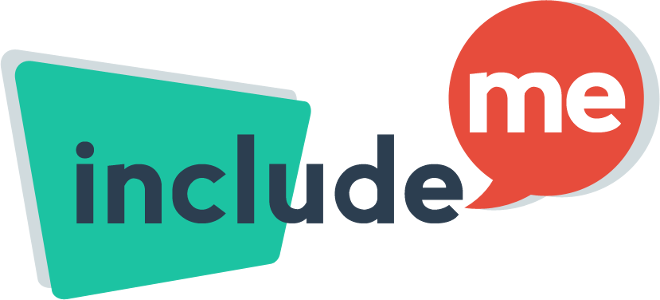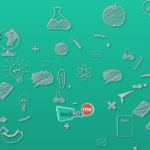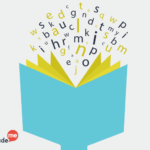Games are a regular part of young people’s lives, no matter what their age is. They play games throughout the day on their computers, the Internet, and their smart phones. One of the few places they don’t regularly play games is in their classrooms. Although some teachers use games as a part of their teaching, most teachers do not, and those who do include them may not be using them to their potential. Classrooms can address even the most difficult content in a lighthearted, engaging way. Games are a powerful and useful tool to this end.
Different researches indicate that games can have a significant effect on student achievement when teachers use them purposefully and thoughtfully1
If games do not focus on important academic content, they will have little or no effect on student achievement and waste valuable classroom time. The most efficient way to maintain an academic focus is to organize games around important terms and phrases. The most common error teachers make when using games is to add up team points and move on.
The whole point of playing academic games in the classroom is to provide opportunities for students to examine important content in a lively and enjoyable venue. To stimulate analysis of important terms and phrases, a teacher can ask students which questions were difficult to answer and why.
One generalization that applies to learning all types of content is that students must have opportunities to revise their understanding of the content as time goes by. When a game has ended and the class has discussed difficult terms and concepts related to the content, the teacher should give students time to revise their notes. A teacher might ask students to look over what they have previously written about this content in their notes and make any necessary changes. This might involve correcting misconceptions or adding new information that the students were unaware of.
The purpose of each of these activities is to help students develop team cooperation, trust, communication skills, and problem solving skills. Throughout the activities the students should be enhancing their personal development and challenged as individuals to face their own perceived limitations.
Teamwork is developed by working, playing and accomplishing goals together. These games can be ice-breakers, role-plays, mini competitions, simulations, guided fantasies, but they should all include debriefing and personal evaluation on learning by the participants.
Recent concept of “gamification of learning” has been more and more relevant and accepted in educational circles. The gamification of learning is an educational approach to motivate students to learn by using video game design and game elements in learning environments. The goal is to maximize enjoyment and engagement through capturing the interest of learners and inspiring them to continue learning. In educational contexts, examples of desired student behavior which gamification can potentially influence include attending class, focusing on meaningful learning tasks, and taking initiative. This is very relevant when we work with potential early school leavers, and educational practitioners should keep this in mind.
The goal is to maximize enjoyment and engagement through capturing the interest of learners and inspiring them to continue learning. In educational contexts, examples of desired student behavior which gamification can potentially influence include attending class, focusing on meaningful learning tasks, and taking initiative
This is very relevant when we work with potential early school leavers, and educational practitioners should keep this in mind.
References
- Haystead, M. W., & Marzano, R. J. (2009). The Art and Science of Teaching / Using Games to Enhance Student Achievement. Meta-Analytic Synthesis of Studies Conducted at Marzano Research Laboratory on Instructional Strategies. Englewood, CO: Marzano Research Laboratory









Recent tips